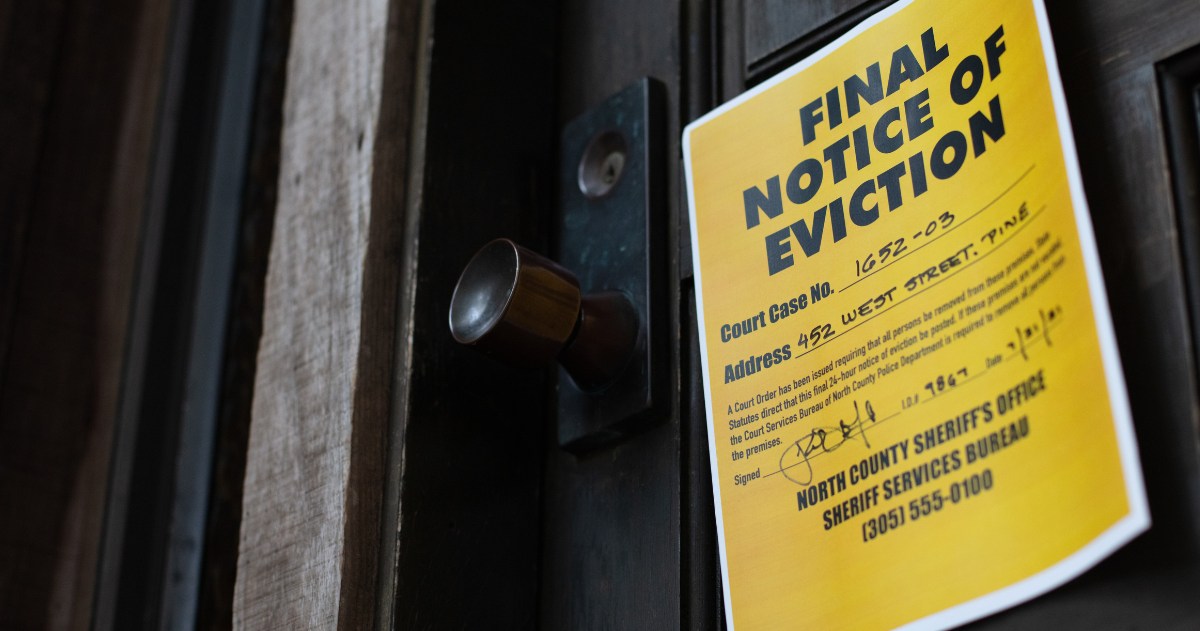With home prices rising out of reach for many Canadians, eager buyers are exploring other options. Co-ownership has become a growing trend, according to a recent survey from realtors Royal LePage, and most of those who buy property with family or friends are doing so because they can’t afford to go it alone.
“In an environment where home prices and interest rates have risen quickly and sharply, and where the threshold to qualify for a mortgage has become much more challenging, Canadians are pooling their resources and buying homes together. In cases where homebuyers cannot afford to purchase on their own, they are combining their buying power with their parents, children, siblings or even friends,” said Karen Yolevski, COO, Royal LePage Real Estate Services Ltd.
Co-owning may be a good idea to pay the bills, but sharing the responsibility of property ownership isn’t easy. Especially when you add being a landlord into the mix.
If you’ve bought an investment property with someone else, with the aim of renting it out and enjoying passive income, you need to know exactly what you’re getting into. Being joint landlords means sharing obligations towards your tenants and ensuring you’re both accountable to each other.
Co-ownership and the law
Commenting on the results of the LePage survey, Yolevski added: “Opting to co-own with friends or family is not as simple as signing a piece of paper next to someone else’s name – co-owning a home often comes with meaningful lifestyle changes, and requires in-depth conversations over financial, legal and personal obligations. Regardless of whether you live in the home with your fellow co-owners or not, the responsibilities of owning a home with other people are shared, but so are the benefits.”
When you buy a property with another person, you typically create either a Joint Tenancy or a Tenancy-In-Common. Both ensure that you have equal ownership of the home – and therefore are equally entitled to any rent generated from it.
A tenancy agreement presumes that since you both own the property, you are both responsible for it – and that extends to your duties as landlords.
How to make co-ownership work for landlords
Communicate
It doesn’t matter whether you’ve bought an apartment with your sister or a townhouse with a total stranger, you two need to talk. Get everything addressed from the outset so each party knows exactly what the other wants and expects. Central to your discussions should be what you want in a tenant, how you’ll find and vet them, what kind of rent you want to charge, and who will be responsible for rent collection.
You’ll also need to talk about how the landlord duties will be split. Is one party going to be a more active landlord than the other? What will that entail?
Make sure you put together a written record of everything discussed so each of you can refer to it later, and keep each other accountable. That doesn’t mean it’s set in stone, of course. Leave some room for renegotiation if necessary.
Make a maintenance schedule
Properties need a lot of upkeep and you can’t wait for your tenant to complain before tackling those jobs. Establish a rota or schedule to decide who will take care of maintenance and repairs. What about urgent items? Who will be on call in case of emergencies?
It will also be helpful to build up a network of contacts so you don’t waste time searching for a plumber when your tenant springs a leak. Have one handy so you know exactly who to call.
Be informed
You both need to take your responsibilities as a landlord seriously, getting up to speed on the Residential Tenancies Act and processes at the Landlord and Tenant Board. Don’t leave this all to one partner, you’re both landlords in the eyes of the law meaning you’re both liable if something goes wrong. You may also want to contact a lawyer with experience in real estate so you can quickly seek legal advice when needed.
Use a property management firm
Jointly managing a property can get complicated. Share with a stranger and you’re putting a lot of trust in someone you don’t know that well. Buy with a friend or family member and you put your personal relationship at risk.
Skip the stress and avoid any conflict by hiring a property management firm to take care of the details for you. The team at Highgate handles everything – from tenant vetting to legal disputes, and emergency repairs to rent collection. We make being a landlord simple, ensuring that both owners have met all their legal requirements and have trustworthy, long standing tenants. To find out more about our services, get in touch with our team today





